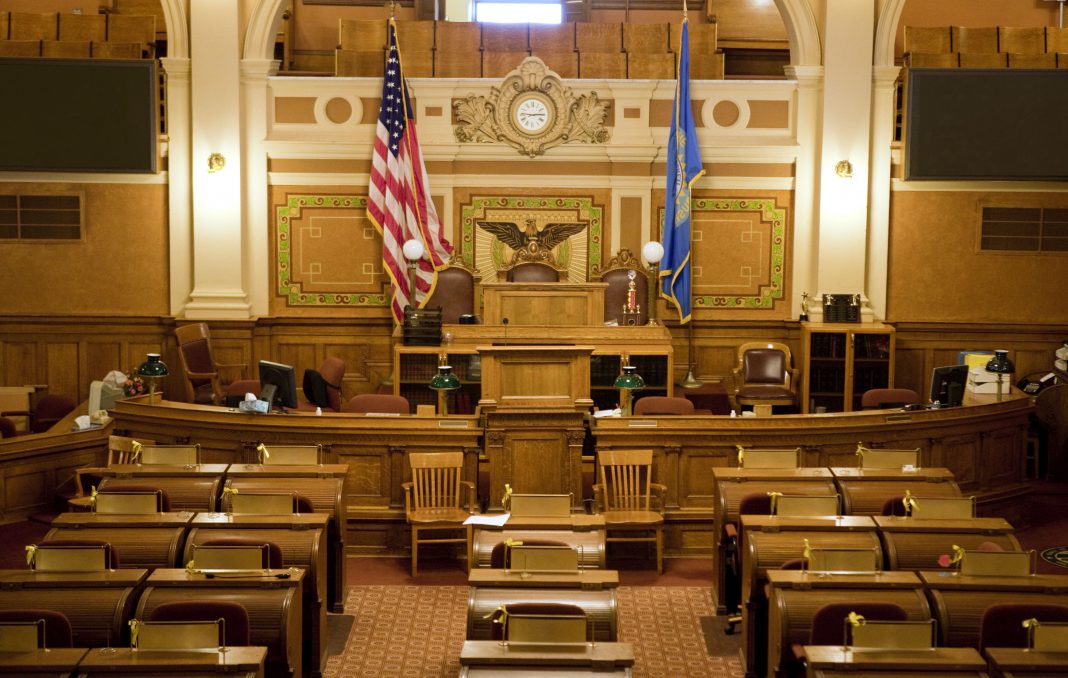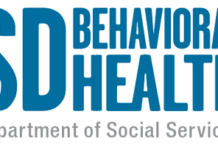The South Dakota legislature has just completed its 24th day (of 40 days) and is facing a deadline next Friday (Feb. 23) for “crossover”. Crossover is the last day to pass bills or joint resolutions by the house of origin.
This week multiple legislative proposals were heard and discussed that have a direct impact on health care providers’ efforts to provide quality, affordable health care throughout the state and in the communities we serve. The following highlights include:
- HB 1309, proposed to remove the sales tax exemption for several not-for-profit organizations in the state, including health care. The association joined together with several other health care groups to oppose the proposal. Substantial amendments are anticipated when the bill is discussed at the next hearing on Feb. 15.
- SB 190, required legislative approval for changes to Medicaid (over a 5 percent budgetary threshold), passed out of the Health and Human Services committee but was defeated after robust debate in the Senate. This proposal could have hamstrung the state’s ability to innovate and/or improve services to target needs in Medicaid. The proposal’s sponsors wanted to ensure the governor’s office could not expand Medicaid without legislative approval, however, the majority of senators agreed that the existing appropriations and budgeting process provides legislative oversight.
- HB 1266 and HB 1300, sought to change the use of “shared savings” resulting from the 100 percent FMAP policy program. These proposals unfortunately ignored the multi-year work of the Health Care Solutions Coalition – which has resulted in Care Coordination agreements being signed and higher reimbursement (estimated at $4.7 million) by the federal government. South Dakota is leading the states (with IHS facilities) for implementation of the complex 100 percent FMAP policy and is being used as a model for other states. Both proposals were deferred to the 41st day.
- HB 1299, a proposal to require electronic monitoring devices and/or trained personnel in gun-free zones, was withdrawn by the sponsor. A similar Senate proposal, SB 87, was defeated last week.
- HB 1319, the governor’s proposal to establish a multi-state compact hoping to address the state’s workforce challenges, was narrowly approved in committee and will be up for full debate in the House. SDAHO continues to monitor the legislation and proposed amendments. This proposal aims to help with workforce challenges, however, several professional and occupational licensing organizations do not support the initiative.







